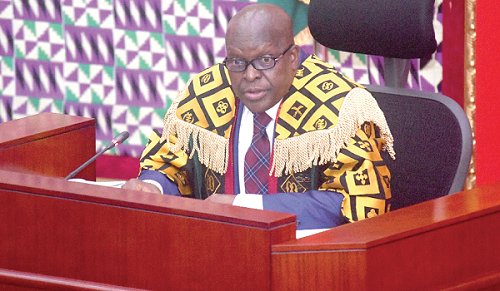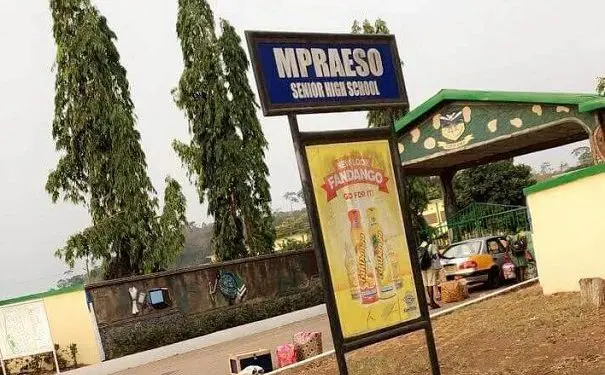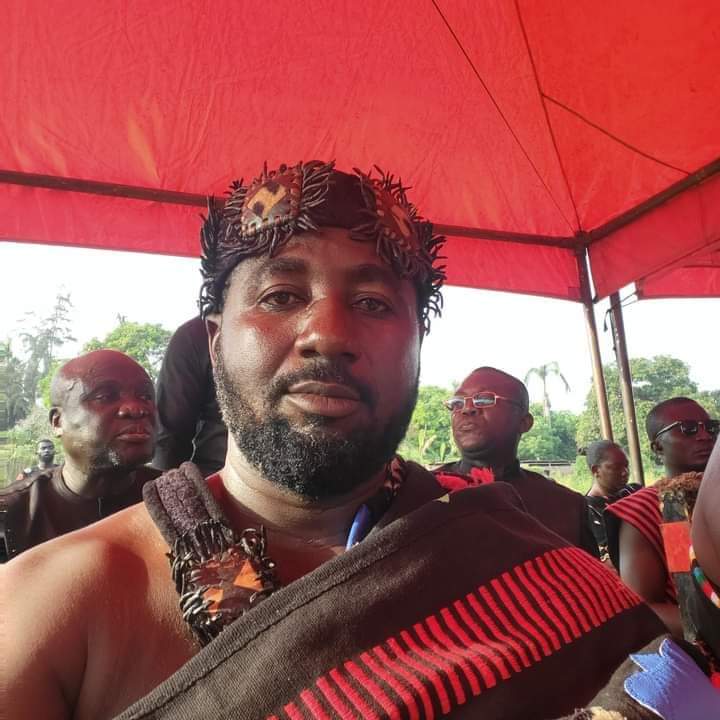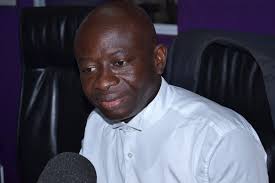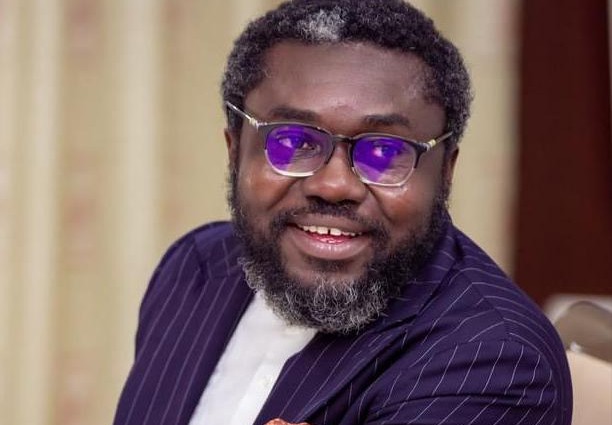Police foil robbery attempt, arrest four suspects
The Anti-Robbery Unit of the Ghana Police Service in Kumasi has thwarted a robbery attempt involving four individuals who have been arrested. Shadrack Anartey, Emmanuel Agyei Donkor, Abu Ali, and Abubakar Buba were apprehended by the Konongo Divisional Taskforce while traveling in a Nissan Urvan bus with the registration number AS 4353 -15, following a […]
Police foil robbery attempt, arrest four suspects Read More »


